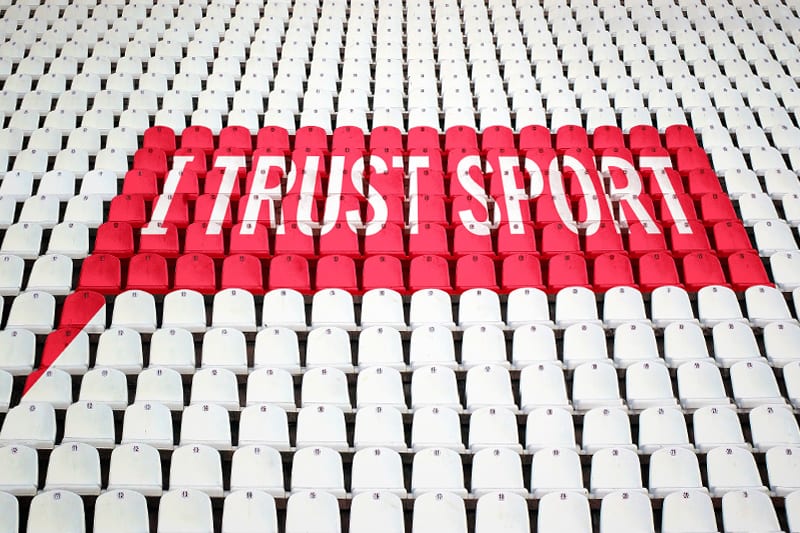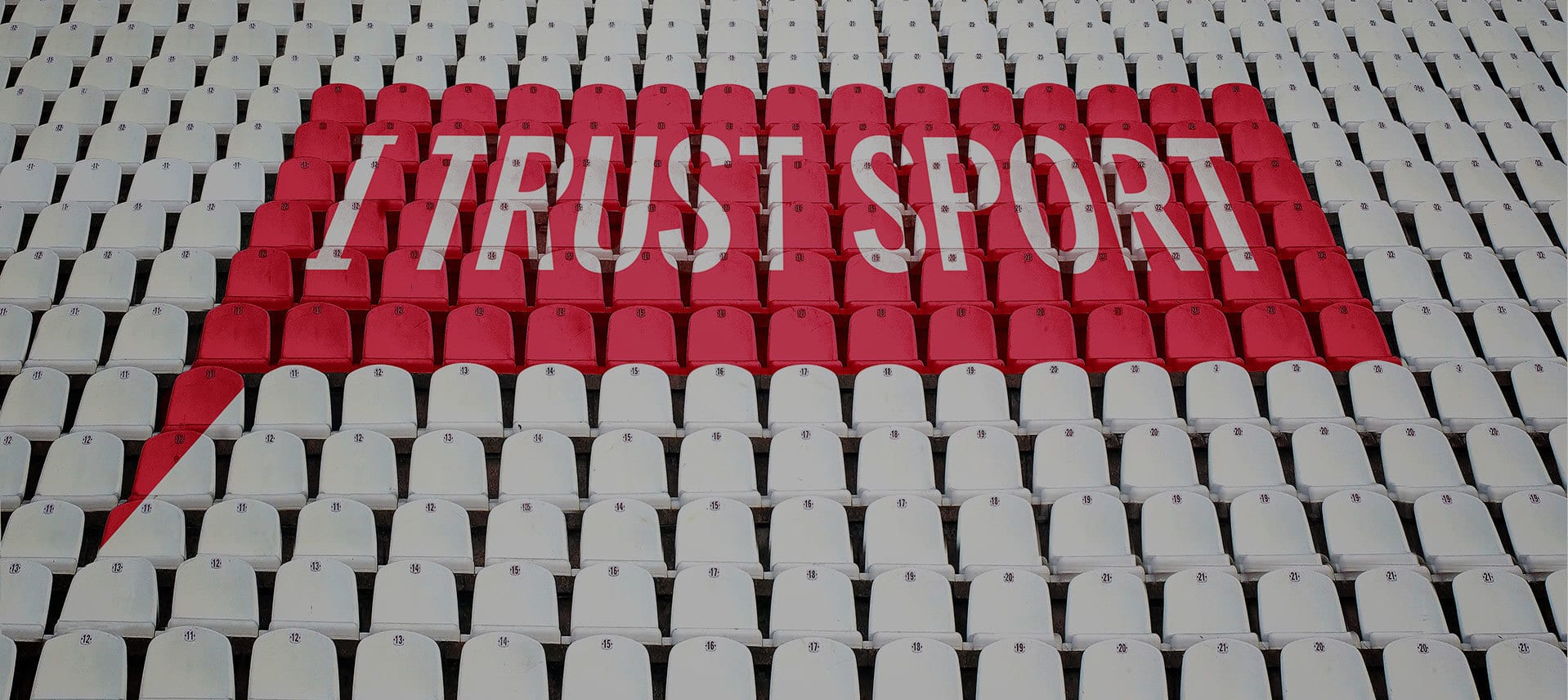In recent days West Indes cricket, the Caterham Formula 1 team and Santos FC in Brazil have all faced financial crises which threaten their futures. While there will always be losers on the field of play, big losses away from the action tend to point to governance failures.
On 18 October the West Indes cricket team abandoned a tour of India part of the way through due to a pay dispute with the West Indes Cricket Board. In response, the Board of Control for Cricket in India (BCCI) announced that future tours between the two countries “stand suspended”. Legal action is set to follow with the BCCI trying to reclaim losses of tens of millions of dollars, which could threaten the very existence of cricket as a commercial sport in the West Indes.
As in any industrial dispute, both the players and the board will try to claim the moral high ground. No doubt there are genuine grievances on both sides but the outcome is of no benefit to anybody.
Meanwhile, the company that builds cars for the Caterham Formula 1 team went into administration on 21 October owing £20m GBP to suppliers, putting into question the future of the racing team. At the time of writing details of the ownership of the team are disputed and it is uncertain whether Caterham will line up on the starting grid at the next Grand Prix. The team was sold in July after several years struggling at the back of the field.
In this case, lack of competitive success has evidently been a significant contributor to Caterham’s financial troubles. Some commentators would argue that Formula 1 teams should be awarded a larger share of revenue but the teams know the budgets that they have available. There is no excuse for staff and a supply chain of mainly small businesses to go unpaid.
Finally, recent news reports suggest that Santos, one of the most famous football clubs in Brazil, is in serious financial trouble as a result of spending beyond its means. It is alleged that anticipated TV revenues for 2015 and part of 2016 have already been spent. Santos is hardly the first football club to sign expensive players and hope for a miracle but the problems had been developing for some time: their home stadium is dilapidated and media predicted that Santos’ star player Neymar would have to be sold to a European club in 2013 due to high levels of debt. When the transfer to Barcelona did take place, it was not exactly a model of financial best practice.
In all three cases, trouble was building up well before the current crises hit the news. The initial blame must lie with the administration of the organisations themselves. Beyond that, it seems clear that the relevant governing bodies which sanction the sporting competitions are failing to set and enforce adequate standards of governance for their teams and franchises.
Sports fans, staff, volunteers and suppliers to the industry deserve better. I trust sport. It’s time to make sure we can all trust sports organisations as well.


